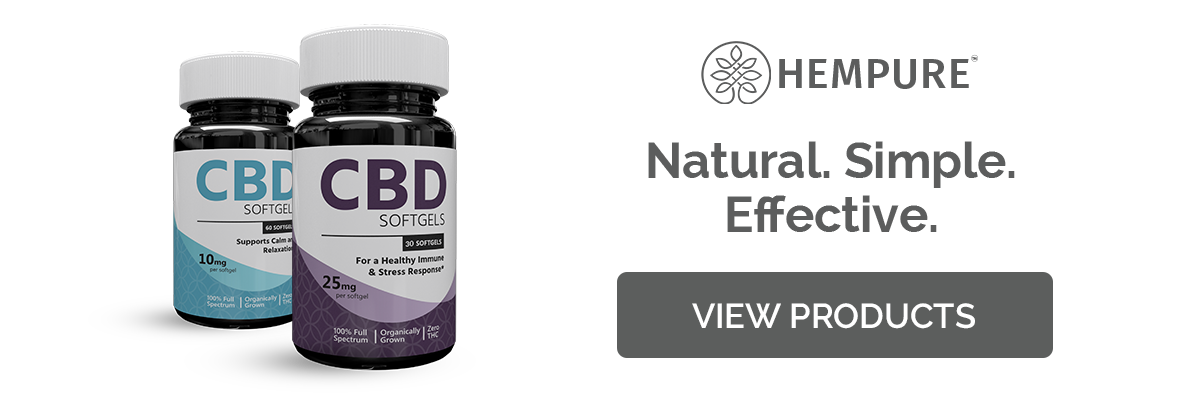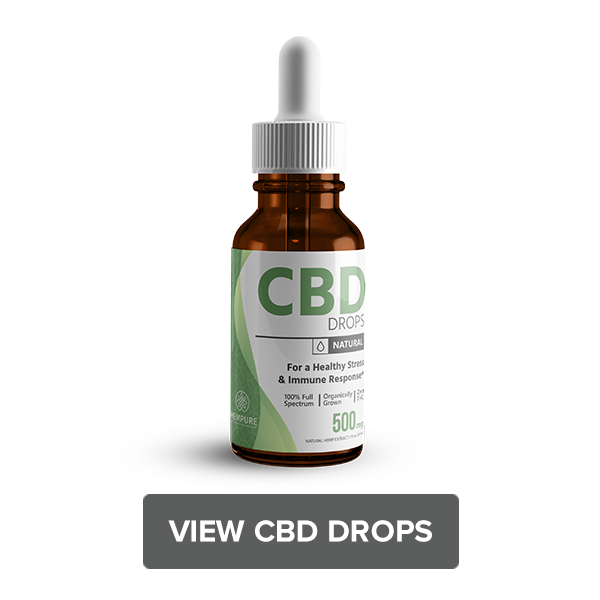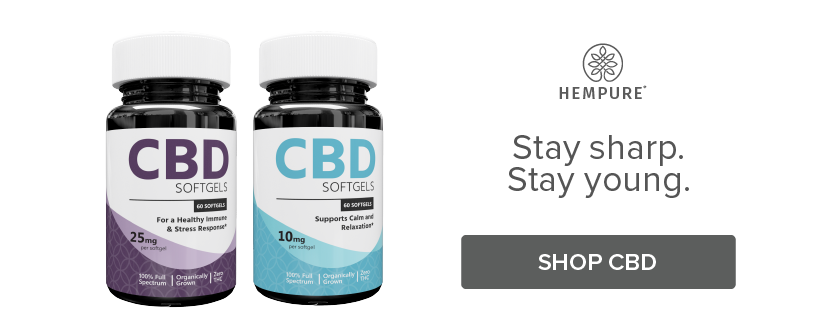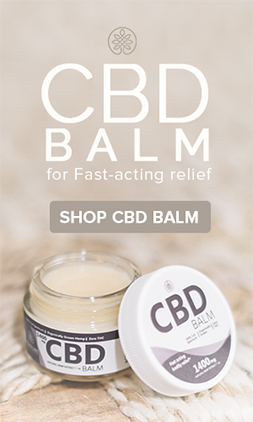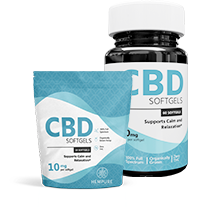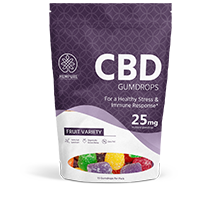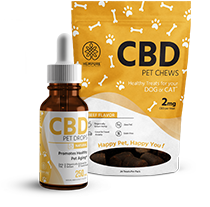What is a neuroprotectant?
Sabina King on Oct 23rd 2019
We all know that growing old comes with a certain amount of mental and physical decline. But did you know that there were things you could to do slow down this decline? Along with making healthy choices like exercising, eating healthy and meditation, there are foods you can consume called neuroprotective agents! These foods or compounds protect neurons, and starting young is the best way to make sure you stay sharp for a long time. Read on to find out how to keep your brain young.
What do neurons do?

Neurons perform pretty much every brain function by communicating with each other. Everything from memory to speech to movement is a result of neuron signaling. As neurons age, they start to deteriorate, and can behave abnormally. Because of how interconnected neural pathways in the brain are, a malfunction in one area can affect several others. Essentially, a lot of the issues that come with aging - trouble remembering or problems with coordination are the result of the natural age related wear and tear of neurons.
What causes neurons to degenerate?
Some people may have a faster decline in brain health due to genetics. In other cases, it could be a result of genetics and toxic environmental factors. Chemicals and viruses are examples of environmental factors that could trigger neurodegeneration. Sometimes it could be caused by medical conditions like alcoholism, a tumor or a stroke.
Oxidative stress, caused by free radicals is one of the ways that neurons can degenerate faster. If you’ve heard of antioxidants, then you might know that they are helpful in fighting the damage caused by free radicals. Inflammation in the brain can also lead to faster neural degeneration.
What is a neuroprotective agent?
Neuroprotectants or neuroprotective agents are substances that are capable of preserving neuronal structure or function.
Neuroprotective agents are often antioxidants or calming agents as well, since oxidative stress and inflammation can both cause neurodegeneration.
Below are some of the most common neuroprotectants:
Bacopa monnieri
Bacopa monnieri is an herb sometimes referred to as Brahmi. A powerful antioxidant, bacopa monnieri can prevent fat molecules from reacting with free radicals, a process that causes lipid peroxidation. Lipid peroxidation has been linked to several neurodegenerative conditions. [1] It has also been found to benefit cognitive processes and possibly memory. [2]
Caffeine
If you didn’t know that your morning cup o’ joe was helping your brain, now you do! There is some research to suggest that caffeine can increase the reuptake of cysteine, which in turn leads to the production of glutathione, the body’s master antioxidant. [3]
CBD
The soothing antioxidant properties of CBD were studied as far back as 1998.[5] In fact, the federal government has a patent on CBD as a neuroprotective agent. To quote the patent, “The cannabinoids are found to have particular application as neuroprotectants.”
Citicholine (CDP-Choline)
CDP-Choline is derived from choline and may be able to increase the density of dopamine receptors in the brain, leading to improvements in some cognitive processes, such as attention. It may also improve mitochondrial functioning and strengthen neuronal processes. [6]
Curcumin
Curcumin is the active compound in the spice turmeric. Experts argue about the bioavailability of oral curcumin, but it does have some neuroprotective properties as it can reduce toxicity in the brain.[7]
L-Theanine
L-Theanine is found in green tea, and when combined with caffeine appears to have some cognitive benefits. Studies suggest that it can reduce excitotoxicity. [8]
Melatonin
Melatonin is a hormone that helps the body maintain its sleep cycle according to the circadian rhythm. Research suggests that it might be able to reduce free radicals in the brain, making it an antioxidant. A study on cats found that it provided neuroprotection after a stroke. [9]
Resveratrol
Resveratrol is found on the skin of blueberries, grapes, and raspberries. Some studies suggest that it is an antioxidant and therefore a neuroprotectant. [10]
Biohacking with neuroprotectants
Biohacking, the new form of do-it-yourself biology, involves identifying products or lifestyle changes that can benefit your mind or body. Nootropics, or smart drugs, are a big part of biohacking. This part focuses on building the body’s resilience and is not meant to treat or cure any conditions. L-Theanine, Bacopa monnieri, caffeine and CBD are all common nootropics. Many young people, regardless of risk factors for disease, choose to take nootropics to slow down age-related cognitive decline.
As more research is conducted into the risk factors for neurodegeneration, we may finally know how to slow down age related decline. Until then, maintaining a healthy lifestyle and taking vitamins to keep your mind running sharp couldn’t hurt!
[1]https://www.ncbi.nlm.nih.gov/pubmed/23044265
[2]https://www.ncbi.nlm.nih.gov/pubmed/19808086
[3]https://www.ncbi.nlm.nih.gov/pubmed/11772120
[4]https://www.ncbi.nlm.nih.gov/pubmed/10863546
[5]https://www.ncbi.nlm.nih.gov/pmc/articles/PMC20965/
[6]https://www.ncbi.nlm.nih.gov/pubmed/11796739
[7]https://www.ncbi.nlm.nih.gov/pmc/articles/PMC2527619/
[8]https://www.ncbi.nlm.nih.gov/pubmed/23097345
[9]https://www.sciencedirect.com/science/article/abs/pii/S0188440901002685









